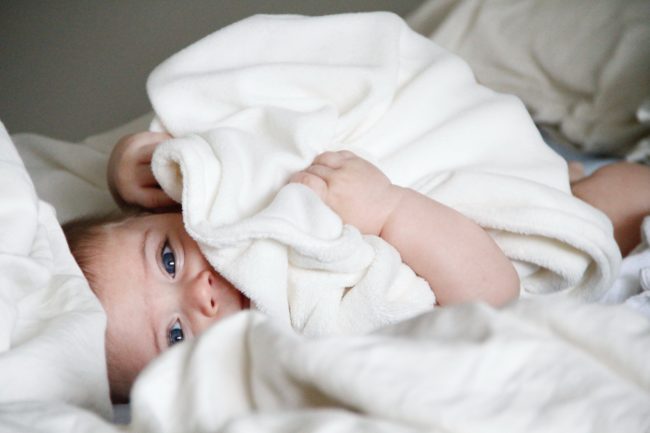
It’s a drag for all parents: the dreaded clock change is this weekend. Those without kids get the luxury of not having to worry, but parents can have difficulties with children whose sleep pattern is thrown out of whack.
‘Lack of sleep affects children’s emotional wellbeing and health,’ says Kavsar Mulla, Family Support worker at Dyson Garden’s Childrens’ Centre. ‘Disturbance to the circadian rhythm (the body’s internal sleep clock) can result in a jet lag effect. Adequate sleep promotes growth, tissue repair and mental alertness.’
Thankfully, there are steps you can take to minimise the sleep disruption caused by the change, and encourage restful nights all year round.
Move their bedtime later gradually
In preparation for the clocks going forward an hour, begin moving their bedtime a little a day starting from a few days prior- perhaps by 15 minutes each time. This will get their sleep rhythm prepared for the clock change. You might find that this doesn’t go completely smoothly, as babies and toddlers may be more tired on certain days. Instead, aim to do your best to begin adjusting bedtime somewhat before Sunday.
Knacker them out!
While preparing for a clock change, try and make the few days prior very active and tiring. This can also help with moving naps too. Hit the park and the baby groups and aim to have them exhausted! Avoid busy activity and tv for an hour before bed, though- the blue light emitted from the tv stops the body winding down.
Wind down for bedtime
A daily bedtime routine is a pillar of good sleep. ‘A good routine would look something like dinner at 5:30pm, quiet play- something like a puzzle, then a snack and a relaxing bath,’ says Kavsar. ‘After the bath take them straight up to their bedroom for quiet time in bed with pyjamas. You could read a short bedtime story or have some cuddles. Then leave them to settle.’
Adjust the time of other activities
While changing the time of bedtime, make sure that you adjust the times of naps and meals accordingly. ‘Avoid naps after 2pm, though, as they will reduce how much sleep the child needs at night,’ says Kavsar.
Choose sleep-friendly foods
Kavsar recommends ‘sleepy foods’ as a snack before bedtime- foods that help promote sleep. Bananas enhance the production of melatonin in the body, which aids better rest. They also deliver magnesium to the body, which helps maintain the body’s sleep clock. A glass of warm milk is an ideal bedtime drink- it contains tryptophan which encourages sleep. ‘Avoid hot chocolate, however, as it leaves a sugary coating in the child’s mouth,’ says Kavsar. Other ‘sleepy foods’ include oats, cherries, yogurt, chicken, eggs and cereals.
Keep them cosy
Ensure little ones are kept warm at night- but not too warm. Baby sleeping bags are the most reliable way to ensure your child gets a cosy sleep with no risk of suffocation from covers. The best temperature for baby’s room is between 16-20 degrees Celsius. Babies are more sensitive to heat than adults, and the wrong temperature will affect their sleep.
Try a blackout blind
Blackout material and window frame stickers can be purchased very cheaply, and provide a dark environment for your little one to rest in, day or night. A dark room sends the signal to your baby that it is time to rest, and encourages them to settle. Blackout blinds are also useful for daytime naps, when toddlers might be tempted to try and stay awake.
Better rest, year round
You can use many of these tips daily- not necessarily when there is a clock change. Creating a calming bedtime routine is vital for settling small children, and the use of hushed voices and a darkened room at sleep time helps get them in mind for rest. Babies and children love routine and find great comfort in it- and their sleep schedule is no different.







